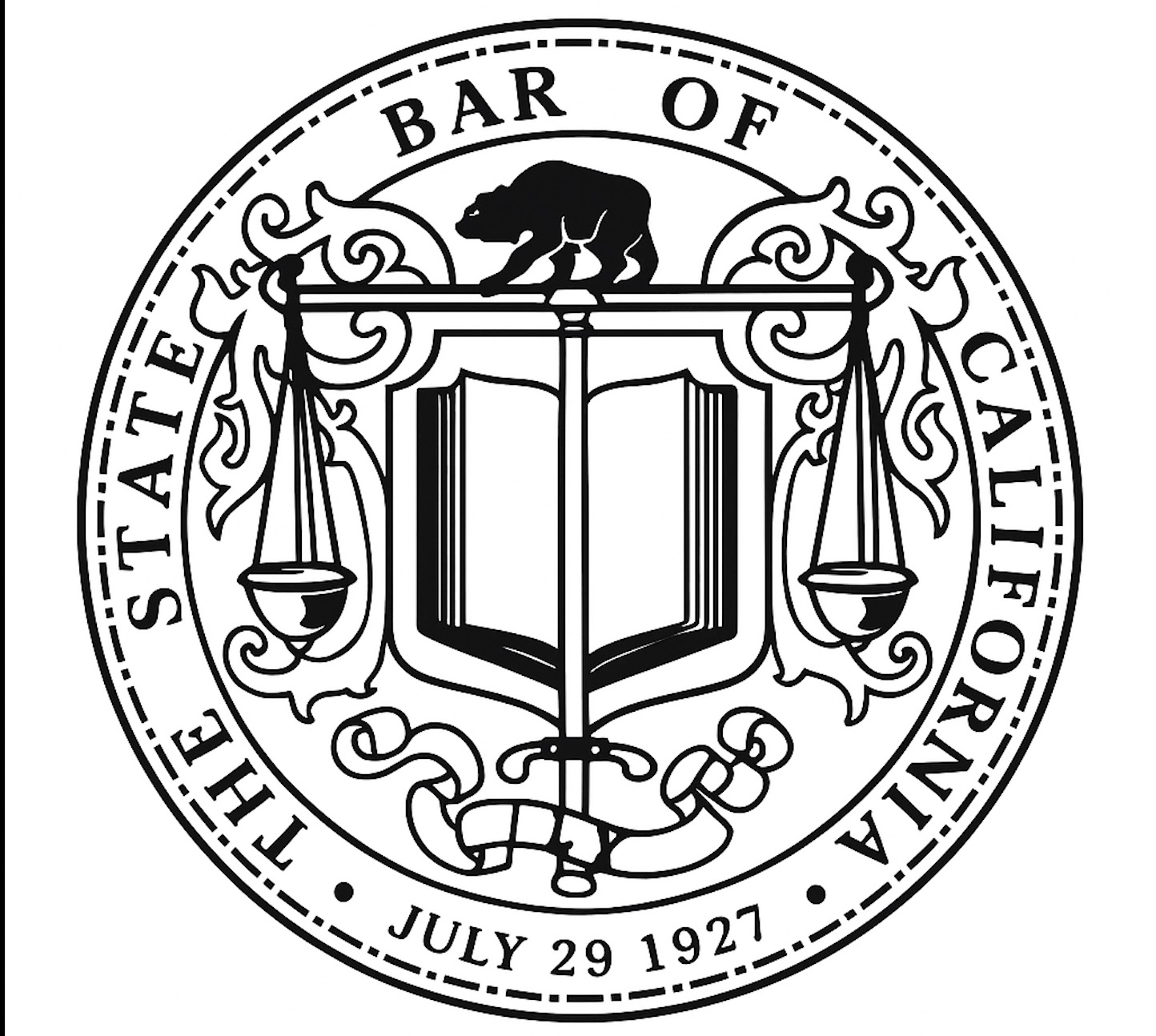Domestic Violence Law: Essential Resource Guide for Survivors
Authored by Izzat H. Riaz – Californian Paralegal, U.K. Certified Lawyer (LL.M.)

Understanding Domestic Violence Law and Your Rights
Domestic violence impacts countless individuals and families across California. For many survivors, abuse can take many forms – physical, emotional, sexual, or financial, and often becomes an ongoing cycle that shapes their daily lives. Recognizing domestic violence and understanding your legal rights are the first steps toward safety and justice.
What Constitutes Domestic Violence
Domestic violence includes a wide range of abusive behaviors such as physical harm, emotional control, financial manipulation, sexual assault, stalking, and harassment. Each act creates danger for the survivor and may require immediate legal action.
Under California law, abuse is not limited to physical violence. Any behavior intended to intimidate, control, or isolate a partner may qualify as domestic violence.
Legal Services Available for Survivors

Emergency Legal Assistance
If you are in immediate danger, emergency legal services can provide urgent help. California courts offer expedited protective order hearings, often within 24 hours, to ensure survivor safety.
Family Law Protection
Family law often intersects with domestic violence matters, especially in cases involving divorce, custody, child support, and property division. Survivors frequently need both protection and long-term legal stability.
At J Legal, our family law professionals assist survivors through every stage of the process, from obtaining restraining orders to securing financial and custodial rights.
Accessing Legal Resources in Your Community

Free Legal Services and Assistance
Many survivors face barriers to accessing justice due to cost. Across California, nonprofit legal aid programs provide representation at no charge to victims of domestic violence. These programs often include:
- Legal advocates who help file protection orders and navigate court procedures.
- Family law attorneys who represent survivors in divorce, custody, and support cases.
- Immigration attorneys assisting with VAWA petitions and U-visas for immigrant survivors.
- Financial counselors who offer advice on rebuilding financial independence.
Resource Guide: Finding Help in Your Area
Organizations across the state especially in larger counties like Sacramento, Los Angeles, and San Francisco, provide dedicated legal support for domestic violence survivors. Local family courts also maintain resource lists for free or low-cost services.
Protection Orders and Court Proceedings

Understanding Orders of Protection
An order of protection (also known as a restraining order) is a court-issued document that prevents an abuser from contacting or approaching the survivor. Violating such an order carries legal penalties, including arrest.
The Court Process
Courts consider evidence such as police reports, witness testimony, and documented threats. Legal representation can help ensure your petition is clear, persuasive, and properly filed.
Domestic Violence and Immigration Status
Special Protections for Immigrant Survivors
Immigration status should never prevent a survivor from seeking safety. Federal protections such as VAWA (Violence Against Women Act) self-petitions and U-visas allow survivors to secure lawful status independently of their abuser.
Confidential Immigration Assistance
Our immigration team at JLegal works with survivors to pursue these protections confidentially while ensuring personal safety and legal security.
Legal Issues Beyond Protection Orders
Divorce and Separation
Leaving an abusive partner often involves divorce or legal separation. Attorneys ensure that courts fully consider abuse when determining property division, custody, and support.
Child Custody Considerations
Courts prioritize child safety above all else. Evidence of domestic violence directly impacts custody and visitation orders, often resulting in supervised or restricted visitation for the abusive parent.
Property and Financial Matters
Abusers often use money to maintain control. Legal services can help survivors secure fair financial settlements and rebuild independence after separation.
The Role of Advocates and Attorneys
Legal Advocates vs. Attorneys
- Legal advocates provide crucial information and support but cannot represent clients in court.
- Attorneys provide full legal representation, ensuring the survivor’s rights are enforced at every stage of litigation.
When to Seek Legal Representation
Complex cases involving custody, immigration, property division, or ongoing threats should always involve an attorney experienced in domestic violence and family law.
Grant Programs and Funding for Services
Many domestic violence legal services are funded by state and federal grants to ensure survivors receive free or affordable legal representation. California’s Office of Emergency Services (Cal OES) and national organizations help sustain these programs.
Courts and law enforcement agencies are also improving responses through specialized domestic violence units and ongoing professional training.
Building Your Safety Plan
Legal Components of a Safety Plan
A comprehensive safety plan should include emergency contacts, court paperwork, and a list of resources. Knowing how to quickly access a legal advocate or file a protection order can make a crucial difference.
Documenting Abuse
Keep detailed records of incidents, dates, times, and descriptions of what occurred. Save threatening texts, emails, and social media messages, and photograph injuries when safe to do so. Documentation strengthens your case in both civil and criminal proceedings.
Resources Beyond Legal Services
Comprehensive Survivor Support
In addition to legal help, survivors benefit from counseling, emergency housing, financial assistance, and community-based resources. Holistic support fosters long-term healing and independence.
Cultural and Community Considerations
Culturally responsive and multilingual legal services are essential. California’s diverse communities benefit from attorneys and advocates who understand cultural sensitivities and language barriers.
Taking Action: Your Next Steps
Prioritize Safety
If you are in immediate danger, call 911. Seek a safe location before pursuing legal action.
Connect with Legal Services
Do not delay in reaching out for help. Early legal intervention improves outcomes and enhances safety. Contact JLegal to schedule a confidential consultation with professionals experienced in domestic violence and family law.
Understand the Legal Process
Your attorney will explain each step, from filing protective orders to appearing in court—so you remain informed and supported.
The Power of Legal Justice
The legal system offers vital tools to help survivors reclaim their lives. Through protective orders, divorce proceedings, custody rulings, and criminal prosecutions, survivors can rebuild their futures with dignity and security.
No one should live in fear. Whether you live in Sacramento, the Bay Area, or Southern California, legal help is available. Your decision to seek information is the first step toward safety.
Reach out today. Legal advocates and attorneys are ready to help you take back control and begin your path to freedom.













